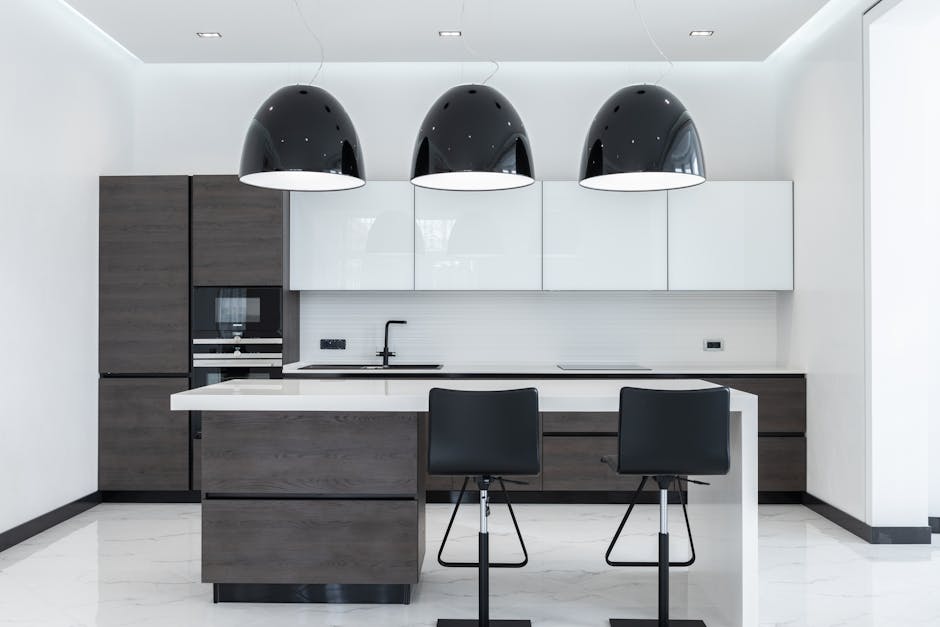Refrigerators The Essential Appliance of Modern Kitchens
Refrigerators have become a staple in every modern kitchen, serving as a reliable tool for food preservation and convenience. From keeping produce fresh to storing leftovers, these appliances play a crucial role in maintaining the quality and safety of our food. Their significance extends beyond just functionality; refrigerators have also evolved in design, efficiency, and technology to meet the diverse needs of consumers.

The invention of the refrigerator marked a turning point in how we store and consume food. Today, they come equipped with advanced features such as adjustable temperature controls, smart connectivity, and energy-efficient mechanisms. Understanding their importance and the factors to consider when purchasing one can help make informed decisions that align with both lifestyle and budget.
The Evolution of Refrigerators
The history of refrigeration dates back to the 18th century when artificial cooling methods were first explored. Early designs relied on ice harvesting, but with advancements in technology, mechanical refrigeration systems were introduced in the mid-19th century. By the 20th century, refrigerators became an essential household item, replacing traditional methods like iceboxes.
Modern refrigerators have come a long way from their predecessors. Today’s models boast features such as frost-free operation, dual cooling systems, and multi-door configurations. Innovations like smart refrigerators allow users to monitor contents remotely via mobile apps, bridging functionality with convenience.
Types of Refrigerators
Refrigerators are available in various types to suit different kitchen layouts and user preferences:
- Top-Freezer Models: These traditional designs feature a freezer compartment above the main refrigerator section. They are cost-effective and space-efficient.
- Bottom-Freezer Models: With the freezer located below, these models provide easier access to frequently used items stored at eye level.
- Side-by-Side Models: Ideal for narrow spaces, these refrigerators divide the unit vertically into freezer and refrigerator sections.
- French Door Models: A combination of style and utility, these models feature double doors for the fridge compartment and a bottom freezer drawer.
- Compact or Mini-Fridges: Designed for small spaces like dorm rooms or offices, these units offer basic cooling capabilities.
Energy Efficiency and Environmental Impact
The environmental impact of refrigerators has been a concern since their inception due to their high energy consumption and use of refrigerants that contribute to greenhouse gas emissions. Recent advancements have addressed these issues through energy-efficient designs and eco-friendly refrigerants.
The Energy Star program certifies appliances that meet strict energy efficiency standards. Opting for an Energy Star-rated refrigerator can reduce electricity bills while minimizing environmental impact. Features like inverter compressors ensure optimal performance with lower energy usage.
Key Considerations When Purchasing a Refrigerator
Selecting the right refrigerator involves evaluating several factors to ensure it meets your needs:
- Size and Capacity: Measure your kitchen space and choose a model with adequate storage capacity based on household size.
- Features: Look for useful features such as adjustable shelves, humidity-controlled crispers, water dispensers, and smart technology integration.
- Energy Consumption: Check the energy efficiency rating to estimate operating costs over time.
- Aesthetics: Consider design elements like color, finish (stainless steel or matte), and how they align with your kitchen decor.
- Lifestyle Needs: For larger families or culinary enthusiasts, models with advanced cooling systems or additional compartments may be beneficial.
The Role of Refrigerators in Modern Kitchens
A refrigerator is more than just an appliance; it is central to meal planning, grocery shopping habits, and reducing food waste. With proper storage techniques (such as placing raw meat on lower shelves or using sealed containers for leftovers) it ensures optimal freshness while preventing cross-contamination.
The integration of smart technology has further enhanced usability. Features like touch-screen interfaces for recipe suggestions or internal cameras to track expiration dates demonstrate how refrigerators are adapting to modern lifestyles. These developments not only improve convenience but also promote sustainable practices by helping users manage food inventory effectively.
The refrigerator has undeniably become an indispensable part of contemporary kitchens. Its role extends beyond preserving food to promoting energy efficiency and adapting to evolving consumer needs through innovative features. Whether upgrading an existing unit or buying one for the first time, understanding the various options available ensures you make a choice that aligns with both your lifestyle and environmental considerations.
